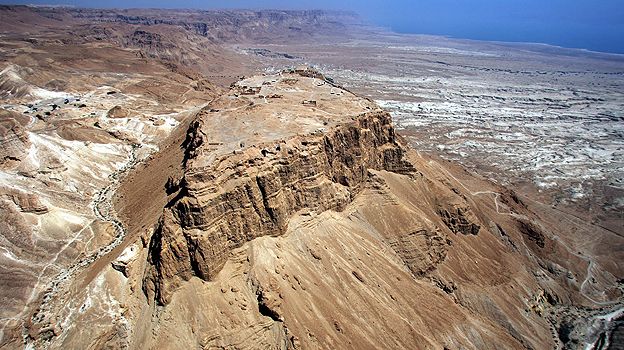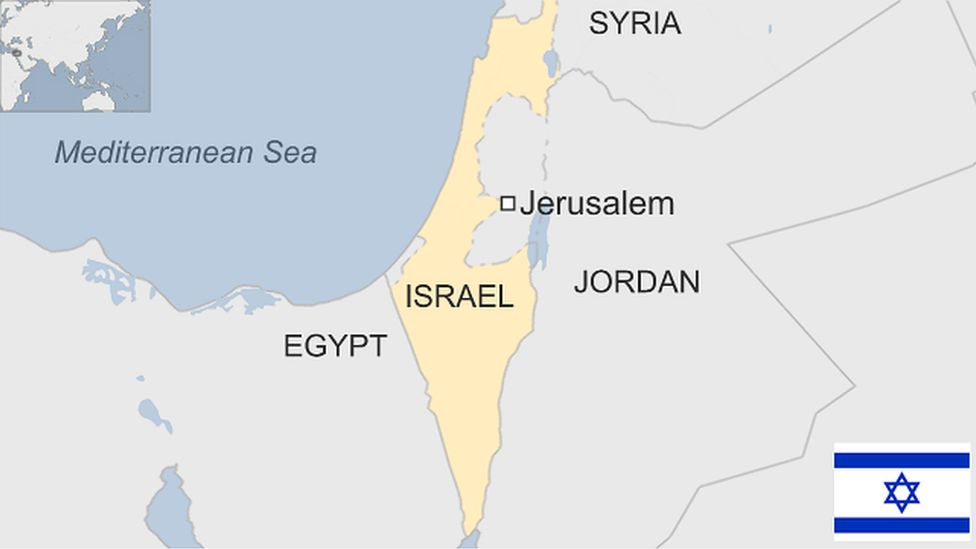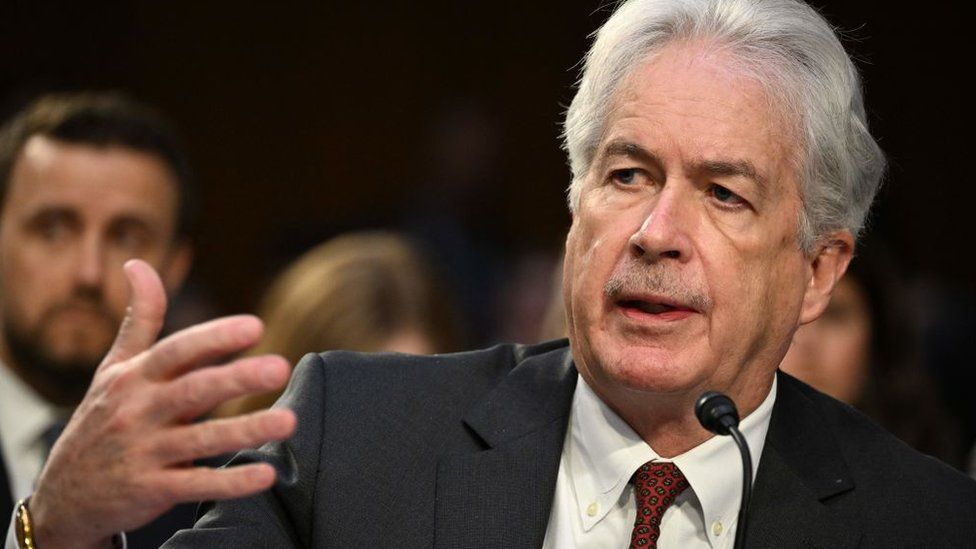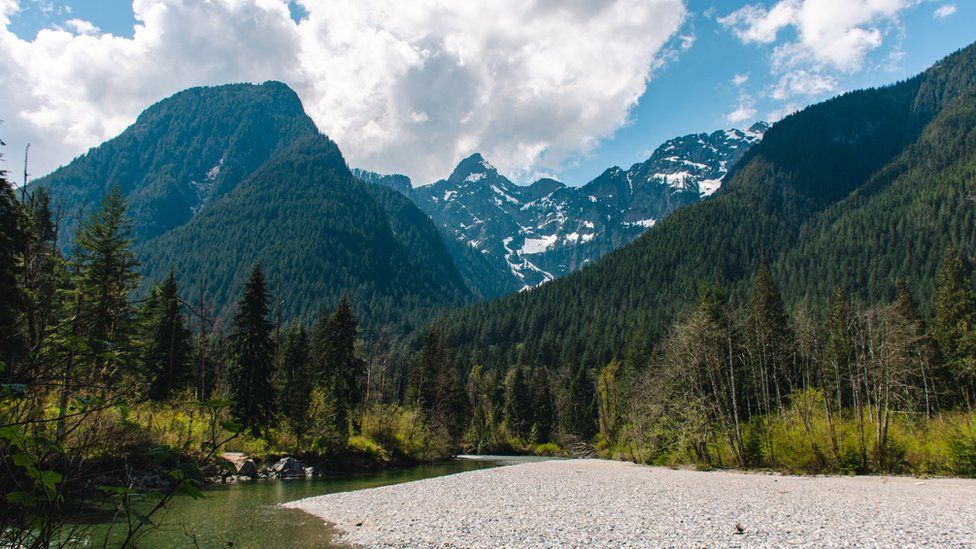Israel is the only nation in the world with a majority of Jews, located on the eastern shore of the Mediterranean Sea.
Since its founding in 1948, it has been at war with the Palestinians and its Arab neighbors over ownership of land that many Jews, Christians, and Muslims consider to be sacred.
The Zionist movement, which sought to give Jews who had previously been dispersed throughout the globe a homeland, reached its zenith with the division of the former British Mandate of Palestine and the establishment of the State of Israel in the years following the end of World War Two.
In a political climate characterized by unstable coalition governments, security concerns regarding the conflict with the Palestinians are a constant factor. Most of the Arab world is hostile toward Israel, and the US offers vital diplomatic and military support. Some of the borders are still up for debate.
- : capital. (Proclaimed; limited international recognition) Jerusalem.
- Area:. (Borders before 1967) 20,770 sq km.
- Population:. 90.6 million.
- Languages:. Arabic and Hebrew.
- a reasonable lifespan. (Men) 80 years; (Women) 84 years.
Isaac Herzog is in charge.
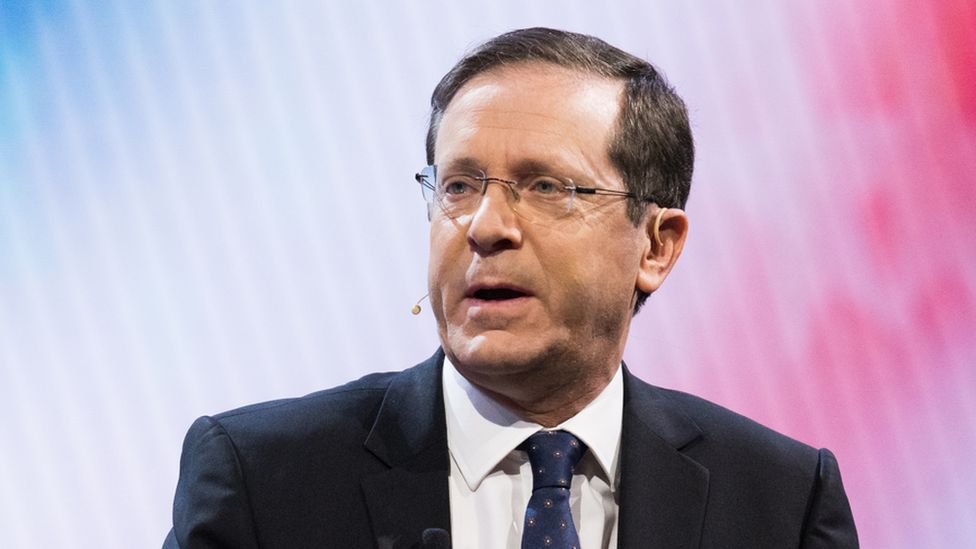
Although the office of the presidency is largely ceremonial and theoretically above party politics, some presidents have intervened in public discussions by leveraging both their personal standing and the power of their position.
In 2021, Isaac Herzog was chosen by parliament to fill the position. He served as the center-left Labour Party's leader from 2013 to 2017. He is the son of a former president. Between 2005 and 2011, he additionally held a number of government positions.
Benjamin Netanyahu is the prime minister.
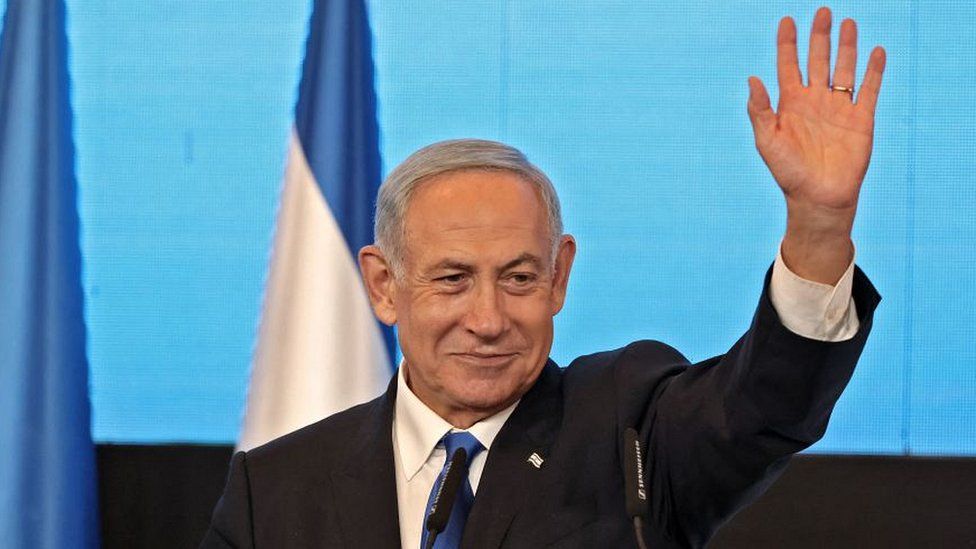
Since December 2022, Benjamin Netanyahu, the leader of the right-wing Likud party, has served as Israel's prime minister. His administration is regarded as the most right-wing in the country's history. He served as prime minister twice before, from 1996 to 1999 and again from 2009 to 2021, making him Israel's longest-serving leader.
The reputation Mr. Netanyahu has built up as the person who can best protect Israel from hostile forces in the Middle East is a major factor in his unparalleled success.
He has taken a tough stance toward the Palestinians, prioritizing security concerns over any attempts at peace, and has long warned of Iran's existential threat to Israel.
However, a criminal trial for alleged bribery, fraud, and breach of trust — charges he vehemently denies — hangs over his political accomplishments.

Israel has a large and diverse media landscape that reflects linguistic, political, and religious diversity.
TV is the most popular medium, and commercial networks are the most popular. After more than 50 years of operation, the Israel Broadcasting Authority (IBA) ceased operations in 2017, and the Israeli Public Broadcasting Corporation (IPBC) took its place. This marked a significant change for public broadcasting.

Following the Nazi Holocaust, calls for the establishment of a Jewish state increased internationally, and in 1948, Israel proclaimed its independence after the UN decided to divide Palestine.
Since that time, the history of the region has largely been one of conflict between Israel and its Arab neighbors on the one side, and the Palestinians on the other.
During the fighting in 1948, when Israel's Arab neighbors aided the Arab Higher Committee in Palestine, hundreds of thousands of Palestinian Arabs were displaced. Israel suffered a 1% population loss as a result of the fighting, which resulted in a string of uneasy armistices.

Over the past 70 years, Israel has transformed from a collectivist-run agrarian state to a high-tech nation. Along the way, it has taken in Jewish immigrants from various parts of the world, including Europe, the rest of the Middle East, North America, and most recently, the former Soviet Union and Ethiopia.
Nevertheless, the conflict with its Arab neighbors has dominated its political life. This has included major regional wars in 1948, 1967, and 1973 as well as numerous smaller-scale conflicts, such as the 1956 Egyptian invasion and the Lebanon Wars of 1982 and 2006. .
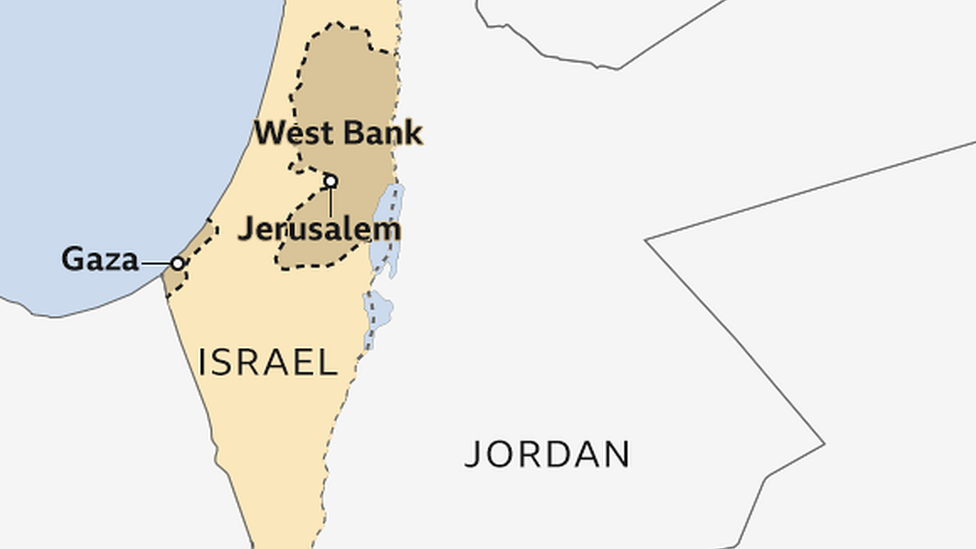
Foreign and security policy have been significantly influenced by relations with the Palestinians. Since 1967, Israel has occupied the West Bank and the eastern part of Jerusalem, where the Palestinians live.
Israel disputes this, but the settlements it has established in the West Bank are thought to be unlawful under international law and are home to 500,000 people.
In 2005, Israel ended its nearly forty-year military presence in Gaza by evacuating its settlers and withdrawing its forces. The international community still views Gaza as an occupied territory because Israel still maintains control over Gaza's airspace and coastal approaches.
Israel and Egypt tightened their economic embargo on the Gaza Strip after the extremist Islamic group Hamas consolidated its control over the territory there in June 2007. In an effort to stop rocket attacks across the border, it has taken part in numerous offensives against militants in Gaza.
Egypt and Israel signed a peace treaty in 1979, but it wasn't until the beginning of the 1990s, following years of the intifada—a Palestinian uprising—that negotiations with the Palestinians started. A final agreement has not yet been reached despite Palestinian control being extended to Gaza and some areas of the West Bank.
The status of Jerusalem, what will happen to Palestinian refugees and their offspring, Jewish settlements, and attacks by Palestinian armed groups are the main obstacles.
